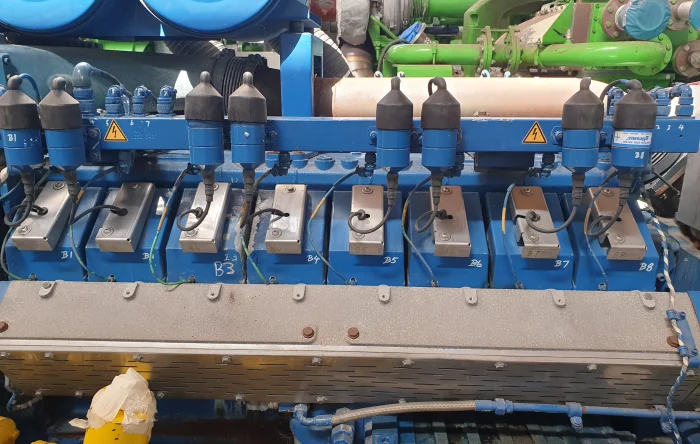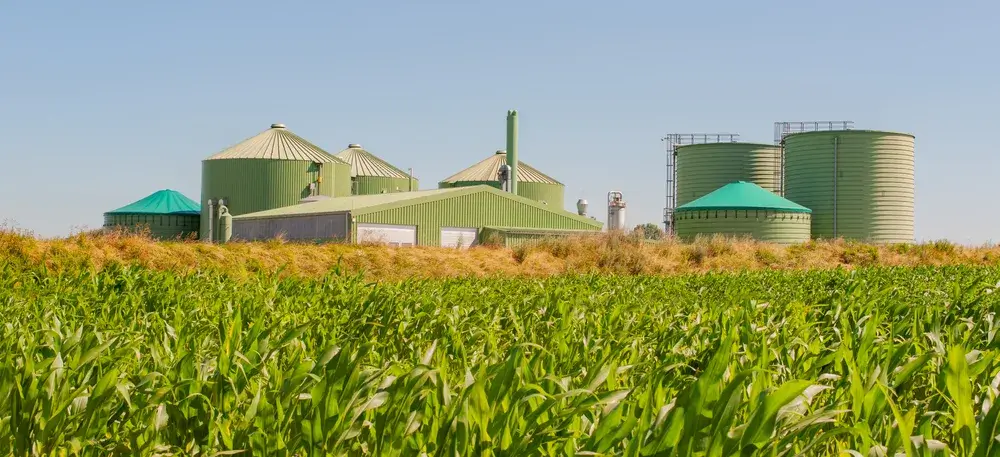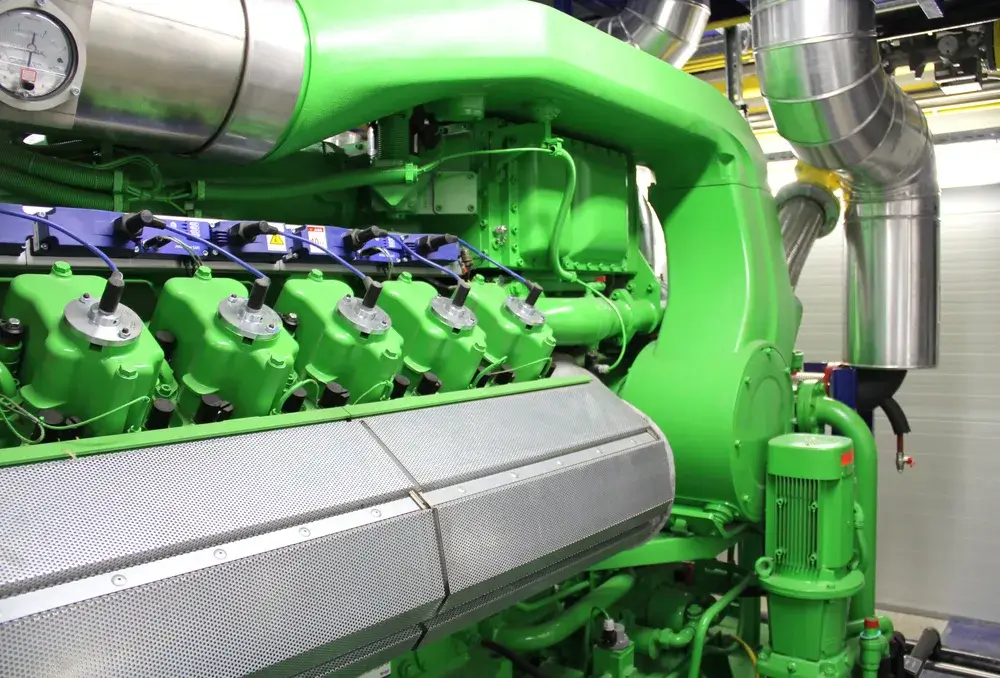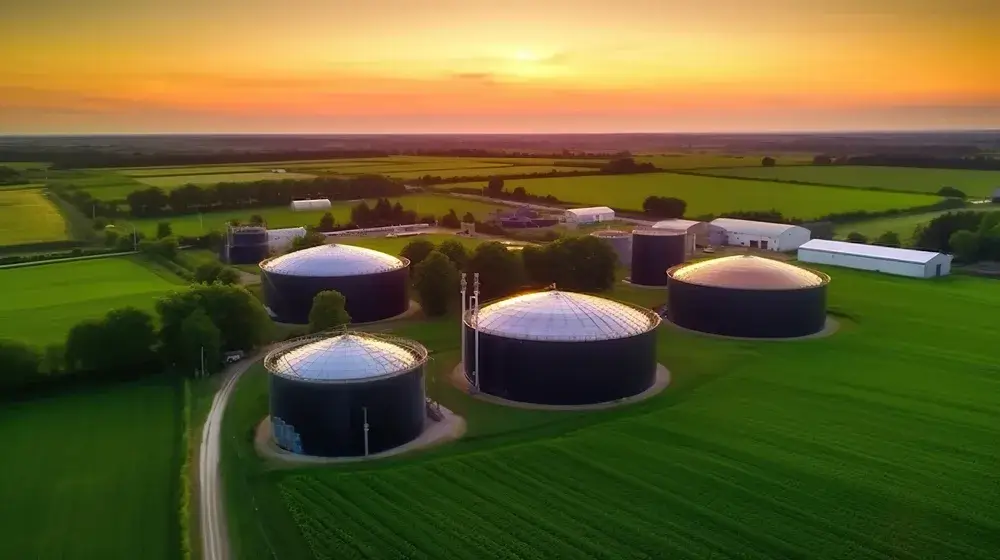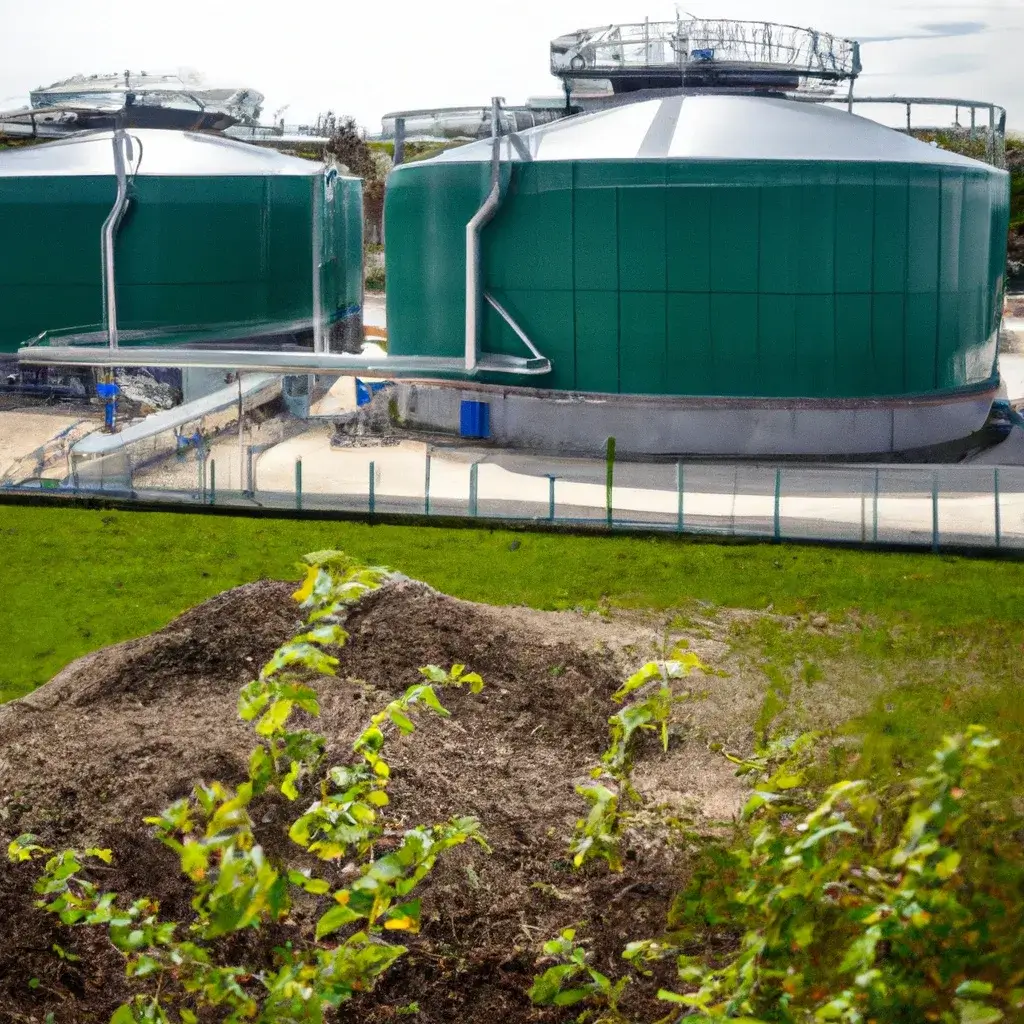Biogas generator – 7 facts you need to know

Biogas generators are at the forefront of renewable energy technology, converting organic waste into valuable energy resources. These systems not only help manage waste efficiently, but also produce clean energy, reducing our reliance on fossil fuels.
This article presents seven essential facts about biogas generators, highlighting their significant role in sustainable energy production and their diverse applications across various sectors.
First up: What is a Biogas Generator?
A biogas generator, also known as a biogas digester, is a system designed to convert organic material into biogas through a process called anaerobic digestion. This process involves breaking down organic materials such as agricultural waste, manure, food scraps, and sewage sludge in an oxygen-free environment. The anaerobic bacteria decompose the organic matter, producing biogas.
Biogas generators typically consist of a sealed container or digester where the anaerobic digestion occurs. The generated biogas can then, e.g., be used as a renewable energy source for electricity generation and heating, by means of a biogas engine. The solid byproduct, known as digestate, is rich in nutrients and can be used as a high-quality organic fertilizer.
Fact No. 1 – Biogas Generators Convert Waste into Renewable Energy
Biogas generators, or digesters, are vital in converting organic waste into renewable energy. Through anaerobic digestion, organic materials such as agricultural waste, manure, and food scraps are broken down without oxygen, producing biogas—a mixture predominantly composed of methane (CH4) and carbon dioxide (CO2).
This biogas can be utilized for electricity generation, heating, and even as vehicle fuel. The process not only generates energy but also reduces the volume of waste in landfills, thereby mitigating methane emissions and contributing to a circular economy.
Fact No. 2 – Diverse Types of Biogas Generators Cater to Varied Needs
Biogas generators come in several types, each suited for specific applications. Fixed-dome digesters are known for their durability and are commonly used in rural areas due to their long lifespan and low maintenance requirements.
Floating-drum digesters are popular for their ease of construction and operational flexibility, making them ideal for small-scale operations. Plug-flow digesters are designed for larger-scale industrial applications, such as on farms, where they handle substantial amounts of organic waste.
Fact No. 3 – Biogas Generators Provide Significant Environmental Benefits
Biogas generators offer substantial environmental benefits by reducing the environmental footprint of waste disposal and energy production. They transform organic waste into biogas, which significantly lowers the volume of waste in landfills and cuts down on methane emissions, a potent greenhouse gas.
Additionally, using biogas as a renewable energy source decreases dependency on fossil fuels, thus reducing overall greenhouse gas emissions. The digestate byproduct, rich in nutrients, can be used as an organic fertilizer, promoting sustainable agricultural practices and further benefiting the environment.
Fact No. 4 – Economic Advantages and Cost Savings Are Substantial
Biogas generators provide significant economic benefits, especially for agricultural and industrial operations. By generating energy from waste, farms and factories can substantially reduce their energy costs.
The digestate produced can replace chemical fertilizers, offering additional savings. Moreover, many governments offer financial incentives, subsidies, and tax benefits for renewable energy projects, making the investment in biogas generators even more attractive.
These economic advantages not only enhance profitability but also encourage the adoption of sustainable energy solutions.
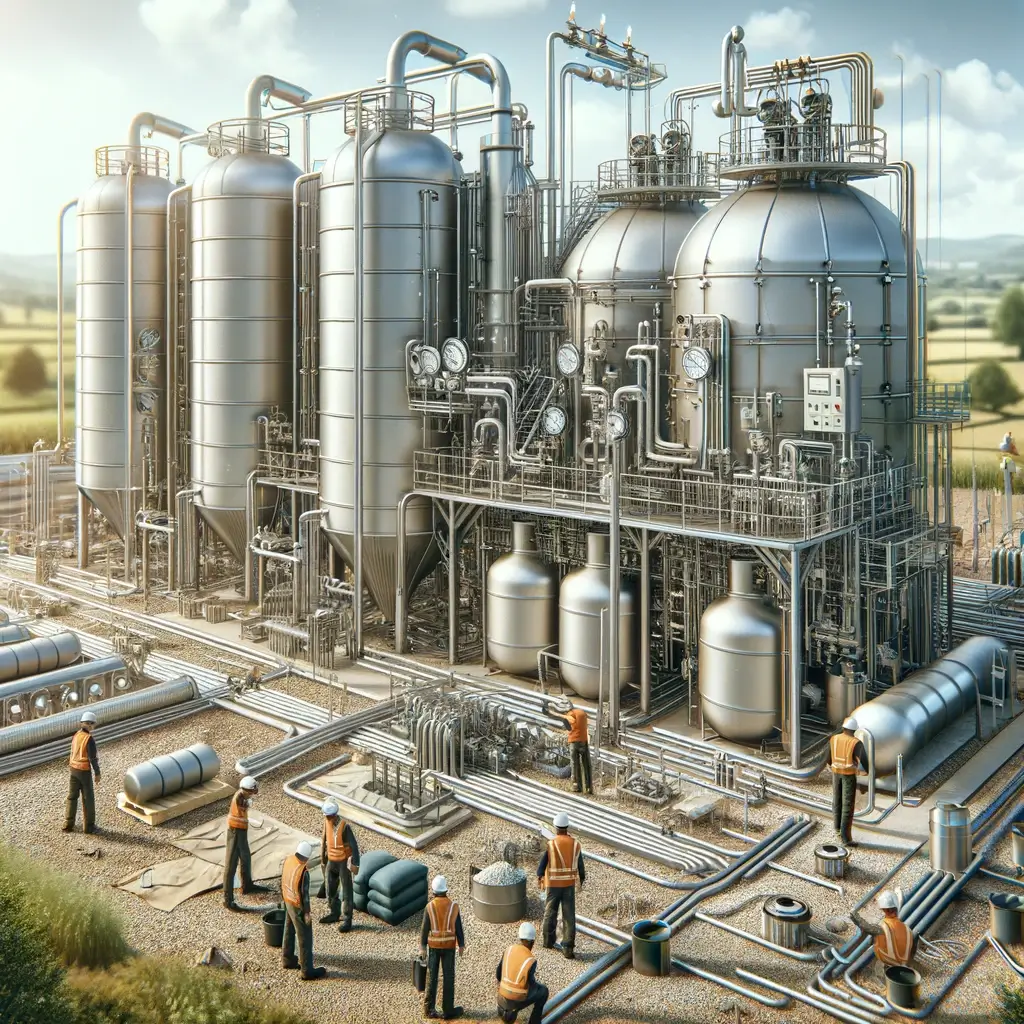
Fact No. 5 – Versatile Applications Across Multiple Sectors Enhance Value
The versatility of biogas generators allows them to be used across multiple sectors. In agriculture, they help manage manure and crop residues, producing both energy and high-quality fertilizer. Industrial applications include providing process heat, steam, and electricity, which are essential for various manufacturing processes.
Municipalities use biogas systems to handle organic waste from households and businesses, generating electricity and heat for public facilities.
Fact No. 6 – Efficient Operation Requires Regular Maintenance
Efficient operation of biogas generators is crucial for maximizing energy production and minimizing costs. Factors such as the type of feedstock, temperature control, and retention time directly influence the efficiency of biogas production. Regular gas engine maintenance, including cleaning the digester and monitoring gas production, is essential to prevent blockages and ensure optimal performance.
PowerUP offers specialized maintenance and upgrade services that enhance the efficiency and reliability of biogas generators. Their expertise ensures that the systems run smoothly, delivering consistent and high-quality energy output.
Fact No. 7 – The Future of Biogas Generators Is Promising
The future of biogas generators is promising, driven by technological advancements and growing environmental awareness. Innovations in biogas upgrading technologies are producing higher-quality biomethane, expanding the range of applications for biogas.
Government policies and incentives are increasingly supportive of renewable energy projects, encouraging the adoption of biogas generators. As global demand for sustainable energy solutions rises, biogas generators will play a crucial role in reducing greenhouse gas emissions and promoting energy independence. Their ability to convert waste into valuable energy aligns with the goals of a circular economy and sustainable development.
Improving Biogas Generators with PowerUP
Optimizing the use of biogas is essential for maximizing its benefits as a renewable energy source. PowerUP specializes in enhancing the efficiency and performance of biogas systems through advanced maintenance, high-quality gas engine spare parts, and targeted upgrades. The services include condition-based overhauls and routine maintenance, ensuring biogas engines operate at peak efficiency and minimizing downtime.
PowerUP provides a range of superior spare parts, such as cylinders, pistons, and spark plugs, which are designed to meet or exceed OEM standards. These parts are crucial for maintaining the reliability and longevity of biogas engines. Additionally, PowerUP offers specialized upgrades to enhance engine control systems and improve combustion processes, leading to increased energy output and reduced emissions.
By leveraging PowerUP’s expertise, biogas system operators can achieve higher efficiency, lower operational costs, and a more sustainable energy production process.




